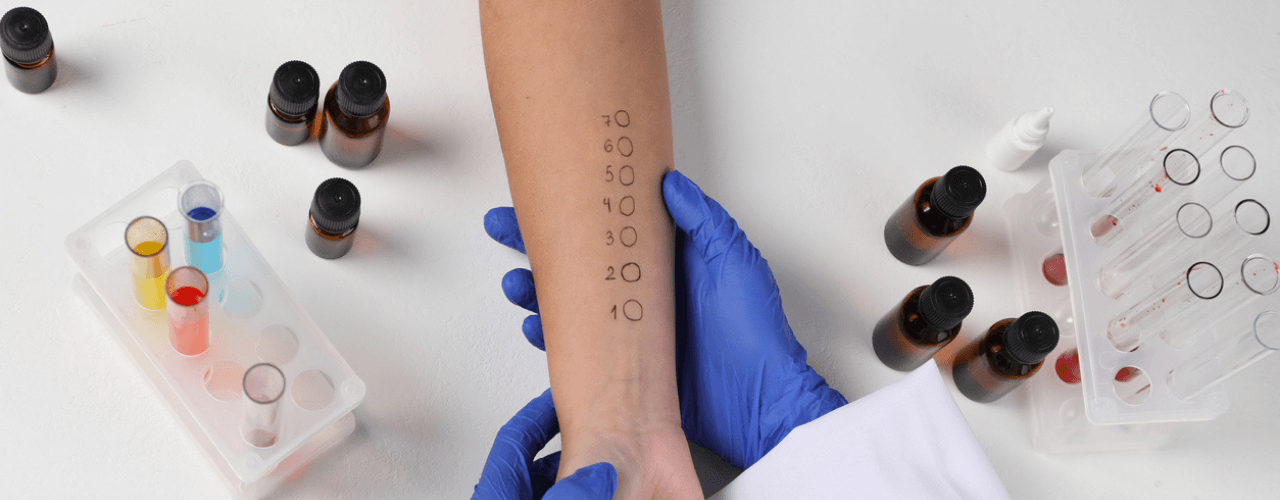Comprehensive Guide to Tinnitus Treatment and Relief from Tinnitus
Tinnitus is a condition that affects millions of people worldwide, manifesting as a persistent ringing, buzzing, or hissing sound in the ears. This condition can range from a mild annoyance to a severely disruptive issue that impacts daily life. If you’re experiencing tinnitus, it’s essential to know that effective treatment options exist, and we will be providing that in this blog.
Understanding Tinnitus
Tinnitus is not a disease but a symptom of an underlying issue, often related to hearing loss, ear infections, or exposure to loud noise. For some, the noise may come and go, while others experience it constantly. The severity and impact of tinnitus can vary, making it essential to seek medical advice if you notice persistent symptoms. Understanding the cause of your tinnitus is the first step towards finding an effective tinnitus treatment plan.
Common Causes of Tinnitus
- Age-Related Hearing Loss: One of the most common causes of tinnitus, especially in older adults.
- Exposure to Loud Noises: Prolonged exposure to loud sounds, such as music concerts, machinery, or headphones at high volume.
- Earwax Blockage: Excessive earwax can build up and cause irritation or hearing difficulties, leading to tinnitus.
- Middle Ear Infections: Infections or fluid in the middle ear can also cause ringing sounds.
- Medications: Some medications, such as antibiotics or aspirin, may have tinnitus as a side effect.
Each of these causes requires a different approach to treatment, so professional diagnosis is crucial to tailor an effective plan for relief.
Tinnitus Treatment Options
With tinnitus holistic treatment is essential, so that we not only address the symptoms but also the underlying causes. Below are some of the most effective tinnitus treatment options available:
Sound Therapy
Sound therapy is a common and non-invasive treatment used to help patients manage their tinnitus. By using external sounds, such as white noise machines or background music, sound therapy aims to reduce the perception of tinnitus. This method can be highly effective for those whose tinnitus worsens in quiet environments.
Hearing Aids
For individuals experiencing tinnitus as a result of hearing loss, hearing aids can be particularly beneficial. Hearing aids amplify external sounds, making the internal ringing or buzzing less noticeable. Modern hearing aids often come equipped with tinnitus maskers, specifically designed to help manage the condition.
Cognitive Behavioural Therapy (CBT)
Cognitive behavioural therapy is a psychological approach that helps patients manage the emotional impact of tinnitus. This form of therapy can be particularly useful for those who find their tinnitus distressing, helping them change negative thought patterns and cope better with the condition.
Tinnitus Retraining Therapy (TRT)
Tinnitus retraining therapy combines sound therapy with counselling to help patients gradually become less aware of their tinnitus. The goal of TRT is not to cure tinnitus but to retrain the brain to ignore the internal sounds, significantly reducing the impact on day-to-day life.
Medications
Although there is no specific medication designed to cure tinnitus, certain drugs can help manage the symptoms. For example, anti-anxiety or antidepressant medications can sometimes provide relief by addressing the stress and anxiety that often accompany tinnitus.
Practical Home Care Tips for Managing Tinnitus
In addition to professional tinnitus treatment, there are practical steps you can take at home to help manage the condition. While these tips may not eliminate tinnitus entirely, they can provide relief and improve your quality of life.
- Protect Your Ears from Loud Noises: Use ear protection if you’re exposed to loud environments, such as concerts or construction sites, and keep the volume at safe levels when using headphones.
- Reduce Stress: Stress and anxiety can exacerbate tinnitus. Regular relaxation techniques, such as meditation or yoga, may help to reduce the severity of your symptoms.
- Maintain a Healthy Diet: Staying hydrated and eating a balanced diet that includes foods rich in vitamins and minerals can contribute to overall ear health.
- Limit Caffeine and Alcohol: Stimulants such as caffeine and alcohol may increase tinnitus symptoms for some individuals, so consider reducing intake if you notice a correlation.
- Stay Active: Regular physical activity can improve circulation, which is beneficial for both overall health and tinnitus management.
When to Seek Professional Help
If your tinnitus is affecting your quality of life or if the symptoms persist despite trying home remedies, it’s essential to seek help from a professional. Tinnitus can sometimes indicate a more serious underlying issue, such as a middle ear infection, or in rare cases, a neurological condition. Medical specialists are able to conduct a thorough assessment to determine the cause of your tinnitus and create a personalised treatment plan tailored to your needs.
Treatment and Relief from Tinnitus
Tinnitus may be a frustrating and sometimes overwhelming condition, but with the right support and treatment, relief is possible. Whether you’re dealing with mild symptoms or more severe tinnitus, our team of specialists is here to help you regain control of your hearing health. Contact Harley Street ENT Clinic today to book a consultation and take the first step towards effective tinnitus relief. Our experienced team is ready to provide you with expert diagnosis and a comprehensive, personalised treatment plan.












